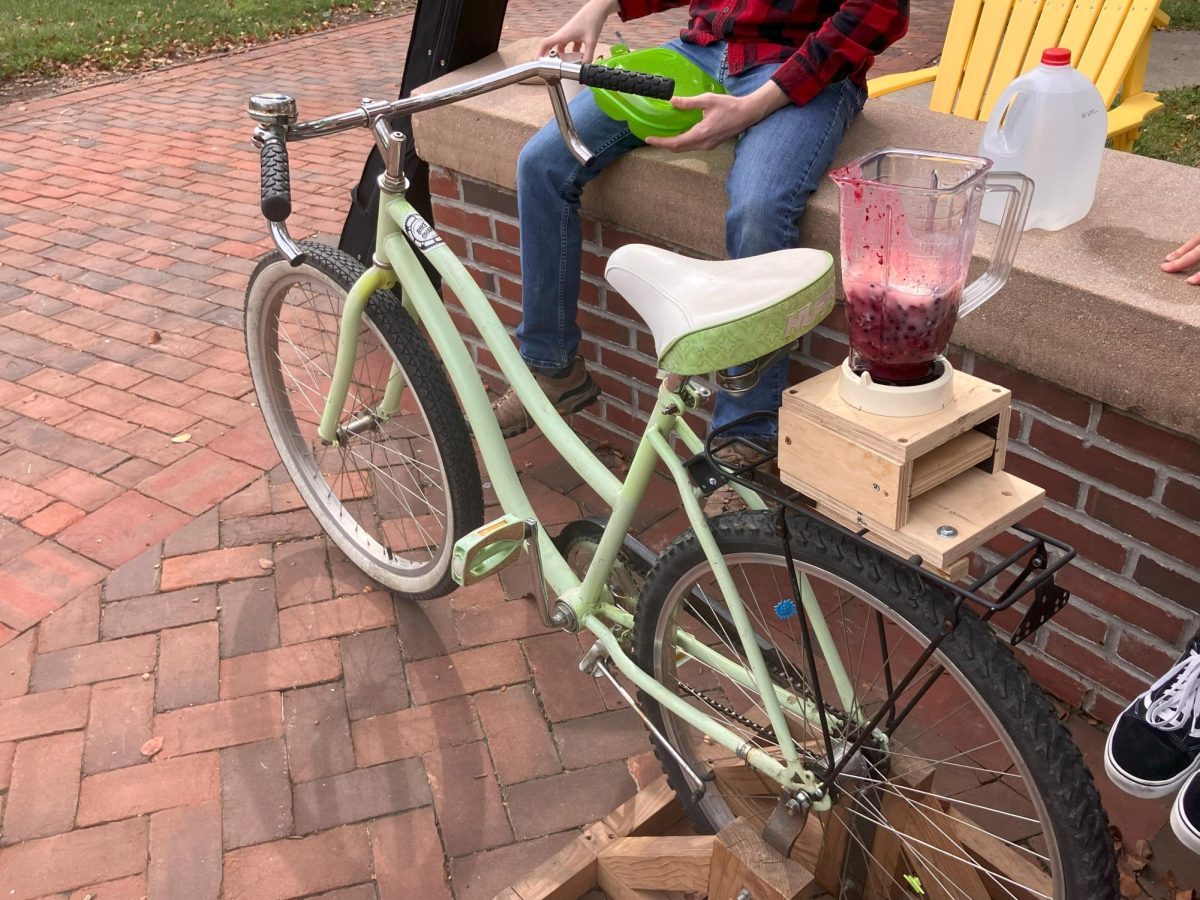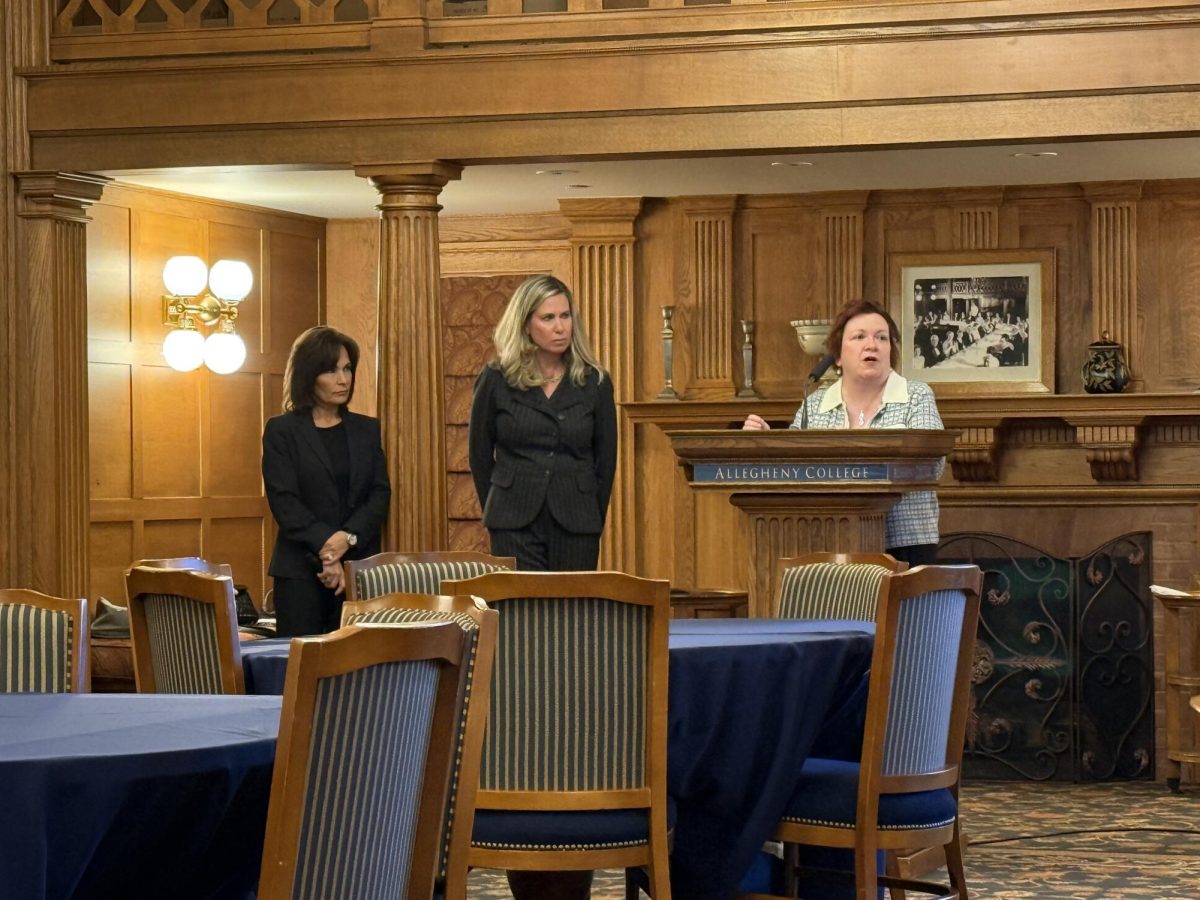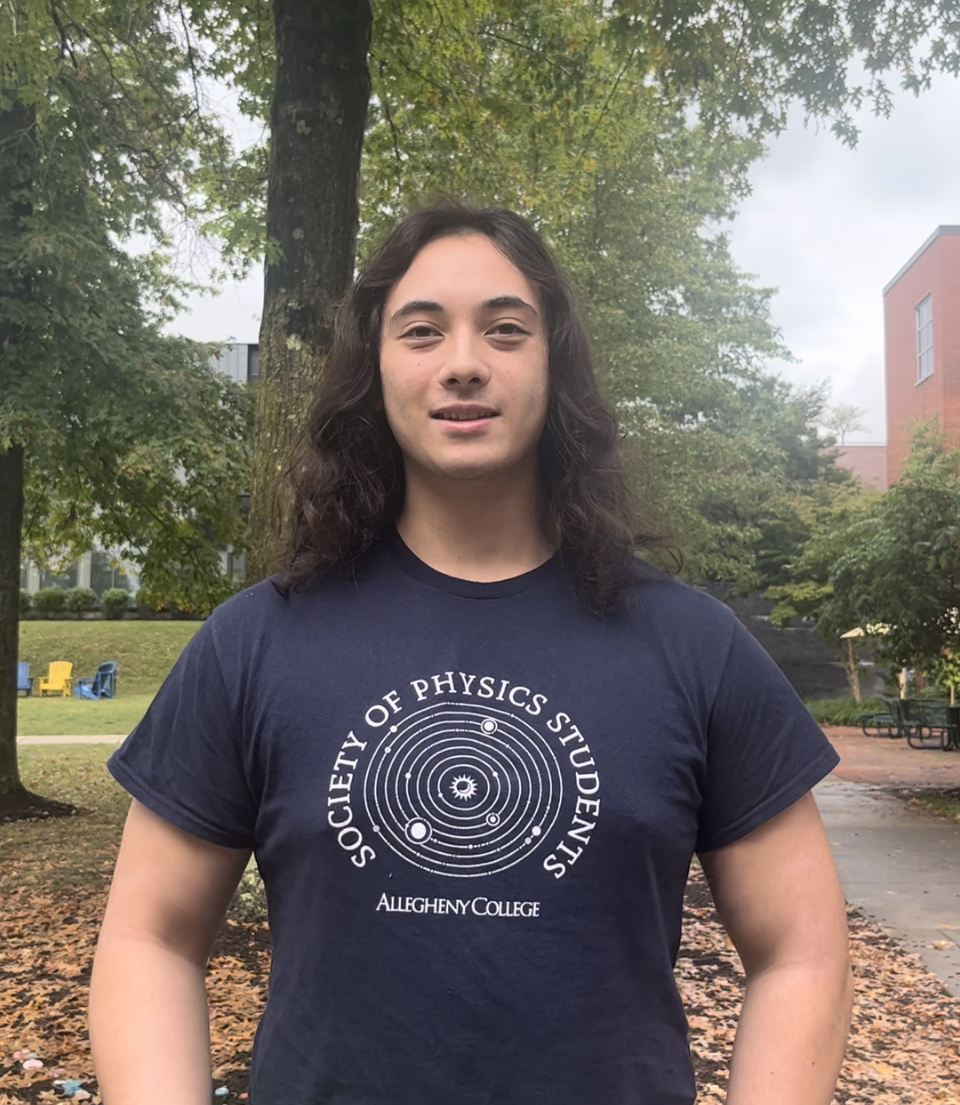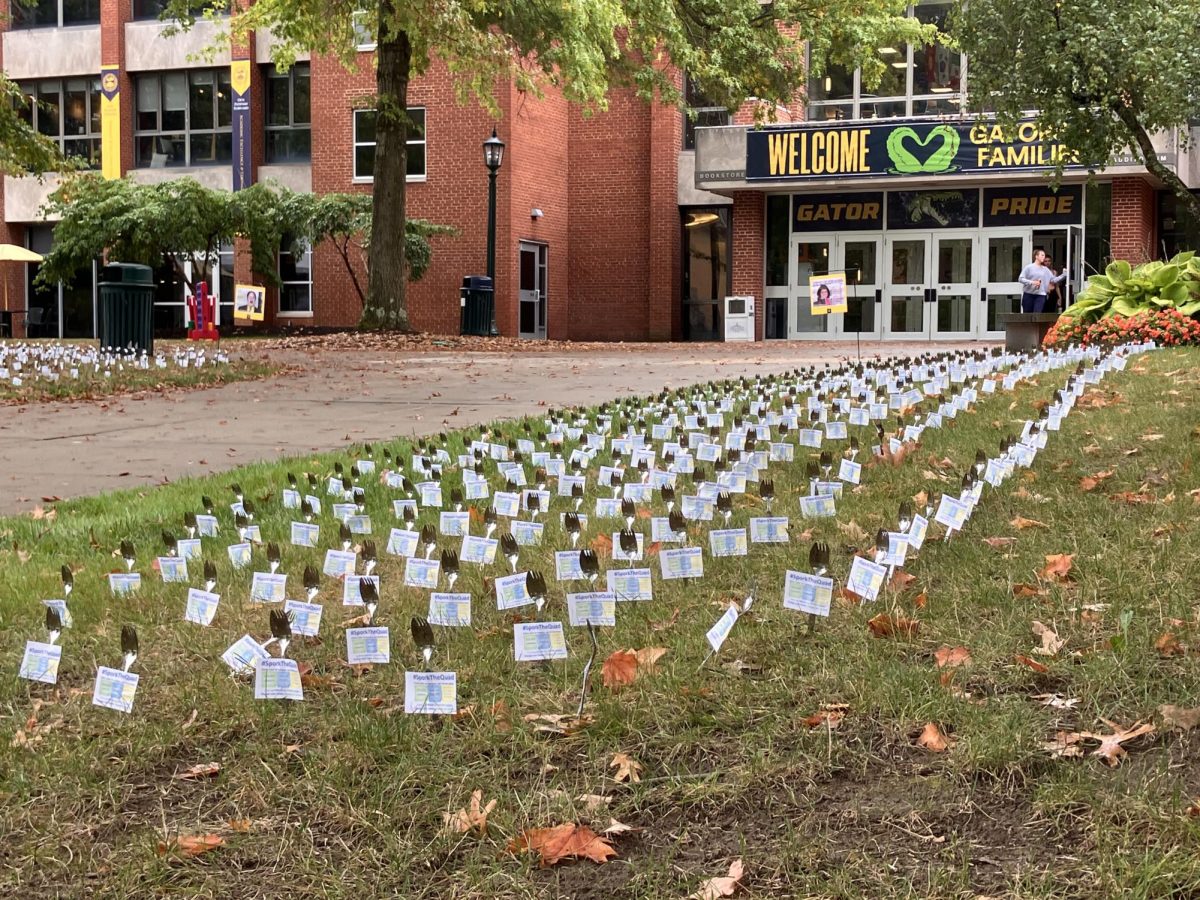BY Elaina Mercatoris
News Editor
Additional reporting contributed by Erin Brown.
The City of Meadville seeks to schedule a meeting with Allegheny to discuss an increase of the annual gift, two weeks after the college presented a two-year gift of $130,000.
“I don’t want to sound ungrateful, because we’re not,” said Christopher Soff, mayor of Meadville. “We don’t have an amount in mind we’re looking to receive from the college, and I guess from my perspective it’s somewhat difficult to ask for a gift and then tell the entity how much that gift should be.”
Allegheny College contributed approximately $93.1 million to the Crawford County economy in 2004-2005, according to a study by two Allegheny economics professors, Behrooz Afrasiabi and Stephen Onyeiwu. The total tax impact of the college, its employees and related transactions came to about $2.7 million.
Nevertheless, in 2012 the city will face budget cuts and tax increases. Meadville needs more money to keep up a police department and fire department and to maintain the streets and brick roads around town and campus.
“If you’ve driven on streets around Allegheny, you know that some are in desperate need of repair,” Soff said.
In 2010, Allegheny did not give an annual gift due to the tax lawsuit. New buildings on campus hadn’t properly been processed as tax exempt, so Allegheny owed approximately $300,000 in taxes. The buildings were then deemed exempt earlier this year.
Allegheny began donating in 2005 when former president Richard Cook made a 10-year agreement with former mayor Richard Friedberg to give a gift to the city of $50,000 per year.
The gift eventually increased by another $15,000 after Allegheny continued buying additional housing that would take away property taxes.
About 40 percent of the total property in Meadville is tax exempt. If Allegheny’s buildings were not tax exempt, the college would pay at least $700,000 in city taxes.
The city’s goal was to have tax exempt owners pay 30 percent of what they would normally pay, said Tim Groves, City of Meadville finance director. For Allegheny, this amount would come to around $200,000.
Groves acknowledged the dependent relationship between the campus and the community.
He said that Allegheny gives back to the community in ways that are not financial, such as Make a Difference Day and other volunteering activities.
“Unfortunately, that’s just not a direct dollar,” he said. “And we need the direct dollars right now.”
One third of revenue is based on real estate taxes, Groves said, but that hasn’t changed in 22 years because Meadville is “landlocked.” Revenue is stagnant but costs have gone up.
“We’re hoping that [the college] can see the value of everything we do,” Groves said. “When you came here, if there was no city around the college, would Allegheny have been your choice?”
Larry Lee, Allegheny College senior associate vice president of finance and planning, said the reason for giving the gift was Meadville’s value as part of the Allegheny community.
“We wanted to recognize that the college needs a strong and vibrant Meadville to realize our potential, just as the city needs a strong and vibrant Allegheny College to realize its potential,” he said.
Raising the amount of the gift comes up every year, he said, but he does not expect it to increase much.
“If you equate it to tuition dollars, [the $65,000 yearly gift is a burden for Allegheny to pay] because the primary source of Allegheny’s operating revenue is our tuition dollars,” Lee said. “I think it’s a significant gift, but it’s one we think is worth paying.”
Stephanie Martin, professor of economics, supported the gift and found the size appropriate. As a former member of Allegheny’s Fina nces and Facilities Committee, Martin said that the gift, though it amounts to much less than the value of Allegheny’s property, would be roughly the value of the area if it were residential.
“For me, what’s more important is that the college provides resources to community partners,” she said. “Revenue is one thing, but the human resources we have here [at Allegheny] could be very valuable if put to good use.”
Mayor Soff stressed Allegheny’s positive relationship with the community.
“Our entire goal is to make sure we can still have a viable city for [the college] to stay here and attract more students and faculty,” he said.
“As [President] Mullen and I have talked [about] several times, the success of the city has a direct impact on the success of Allegheny,” Soff said. “We have a great relationship [with the college] and we realize that it’s a gift.”
The city is currently in the process of scheduling a meeting with Allegheny to discuss the gift.







Craig Hayes • Nov 10, 2011 at 10:50 pm
This will be an ever increasing problem– especially if Allegheny buys up more property/houses around the college. Also, I have the suspicion that the city is dragging its feet on road repair as a bargaining chip. If any of you have driven down the complete stretch of Highland, you’ll know what I mean.
Steven Jones • Nov 12, 2011 at 4:39 pm
Allegheny will have to buy up more properties in the next 5 years if they want to make their goals of total on-campus living a reality. While the common areas were not always utilized, they essentially took away the right for students to cook in many dorms by transforming them into triples or quads (noting Schultz especially in this case).
As for Highland, I totally do, but even E. Cullum street has some warped sections which are tons of fun to ride your car or bike over
Anonymous • Nov 9, 2011 at 1:33 pm
I wouldn’t necessarily oppose an increase in the annual gift; it’s clearly in our interest to make sure that Meadville can maintain its roads, police force, and other services. I wonder, though, if the city’s other tax exempt organizations – like churches, etc. – actually make similar gifts? Are they meeting the goal that they should give 30% of what they would pay if they were taxable? If not, will the mayor also be meeting with them to discuss increased giving? Or is it only the College’s gift that “falls short” due to budget cuts? That context could be useful in assessing the situation.